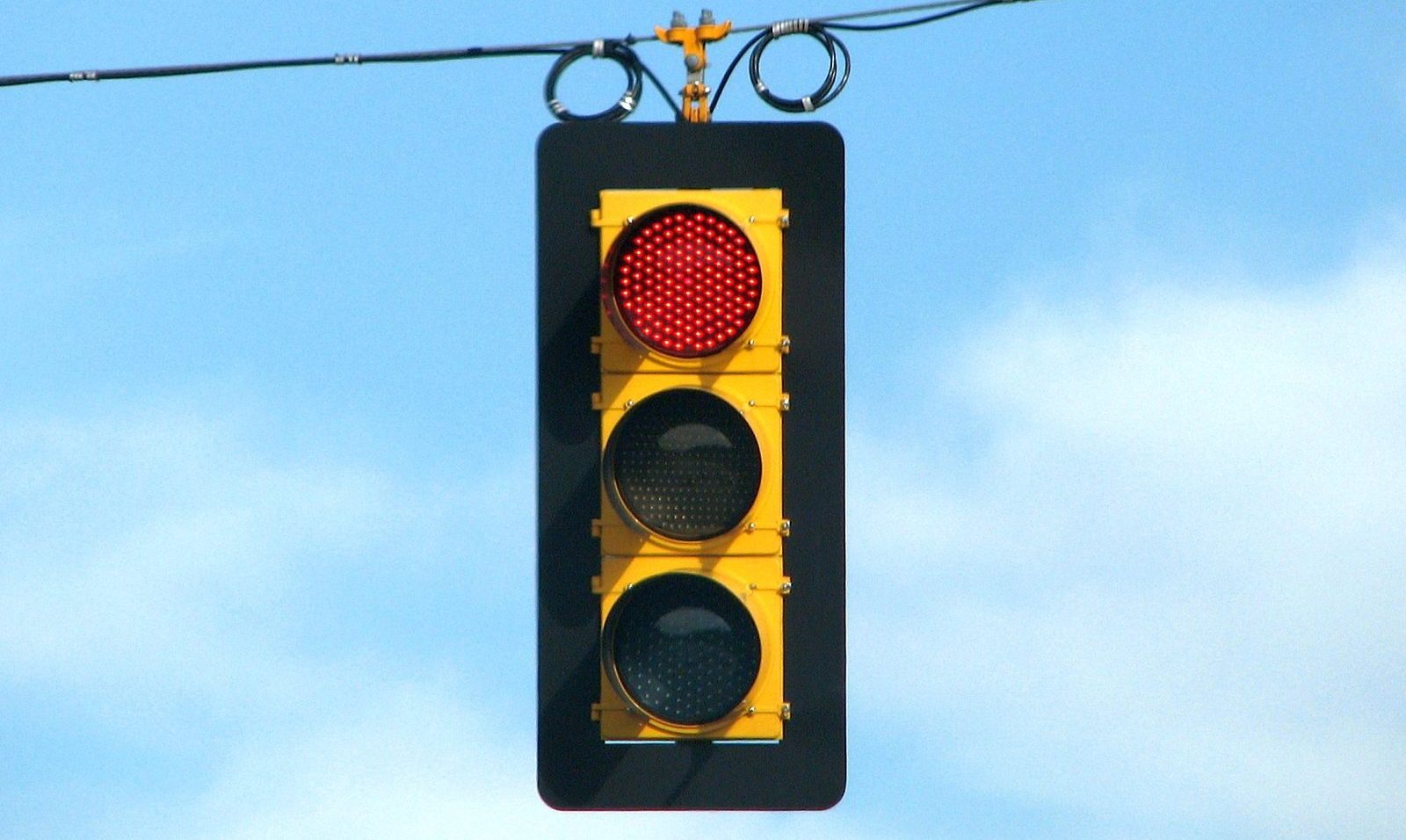One in four people will always follow rules, even if there is no consequence for breaking them
We all know the popular saying: rules are made to be broken. But this philosophy may not be too common in reality. A new study has found that one in four people follow rules – even if there are no repercussions to breaking them.
A study, published in the journal Nature Human Behaviour, has explored the concept behind why people follow rules, using a new framework named CRISP. CRISP explains rule conformity (C) in terms of four components: intrinsic respect for rules, independent of the behaviour of others (R); extrinsic incentives, like the prospect of punishment for breaking rules (I); social expectations about whether others will follow rules (S); and social preferences (P).
Based on the CRISP framework, the team performed four experiments at the University of Nottingham and a German laboratory with over 14,000 participants. They designed a simple online task involving moving a circle from a red traffic light to a finishing line. Each participant started with 20 money units (MU), which decreased by 1 MU with every additional second taken to cross. Earnings were the highest when participants moved to the finish line as fast as possible. The only rule was to wait at the red stop light until it turned green. This meant that jumping the red traffic light was the best way to earn money.
Rules are a vital part of any remotely secure society – simply the concept of something being a rule may be enough for a person to not want to break it
In one variation of the experiment, any reasons to follow the rule were removed, meaning that participants should have had a strong incentive to break it. They could also act anonymously, preventing social pressure or repercussions. There was also a variation which allowed participants to observe whether other people followed the rules or not, and an additional variation that added punishments and social consequences for breaking the rules.
In essence, the researchers found that between 55% and 70% of participants followed the rule, stopping at the light, even when there was nothing to stop them from breaking the rule.
Despite the importance of rules, the deeper reasons behind why people follow them remain murky.
Rules are a vital part of any remotely secure society – simply the concept of something being a rule may be enough for a person to not want to break it. Rules provide stability and are associated with order, so it would be logical for people to associate breaking them with crime and chaos. Following rules can also allow people to shake off responsibility for their actions. They may refer to the common phrase “I don’t make the rules” to shift the blame. That way, if a rule is unhelpful – or even harmful – in some way, a person can justify following it to themselves or to others by reasoning that it is for the greater good of society and that they have no real autonomy on the matter.
This idea of shifting the blame was explored by various psychologists, one of the most notable being Stanley Milgram. Milgram’s experiments tested how many people would inflict pain on others when following an order. Findings showed that many participants followed orders despite it being clearly immoral. Commenting on this, cognitive neurological scientist Patrick Haggard at University College London explained that people feel disconnected from their actions when they comply with orders, which implies that they can avoid taking accountability.
The human tendency to follow rules and orders could be to our detriment, as it leads us to a perceived loss of autonomy and more open to being exploited by corrupt leaders
Additionally, even if there is no punishment, the fear of being judged by others for breaking rules is a factor. Rules and social norms are inevitably intertwined. For example, is covering your mouth when you cough a rule, social norm, simply common courtesy, or all three? The truth is, social norms allow us to avoid chaos, and this also applies to rules. They give us the feeling of security, even if the rule is logically pointless and there is no real security.
However, does the study conducted by Nature Human Behaviour suggest that we are too reliant on the safety and security associated with rules? The fact that 1/4 of humans will follow rules, even if breaking them is in their best interest, may be alarming. The human tendency to follow rules and orders could be to our detriment, as it leads us to a perceived loss of autonomy and to be more open to being exploited by corrupt leaders.
Many popular stories can be drawn upon and used as thought experiments to explore what happens when people break rules that society imposes upon them. For example, characters in novels such as The Hunger Games and Divergent defy the rules despite the threat of punishments, which ultimately leads to a better society. These stories tell us that some rules need to be broken, and the outcome is worth it.
So, do the results of the Nature Human Behaviour experiment imply that humans need to get better at recognising when a rule is futile – or even harmful – to themselves and others? Or is following rules so deeply ingrained in our society that we may never truly feel brave enough to break some of them.

Comments